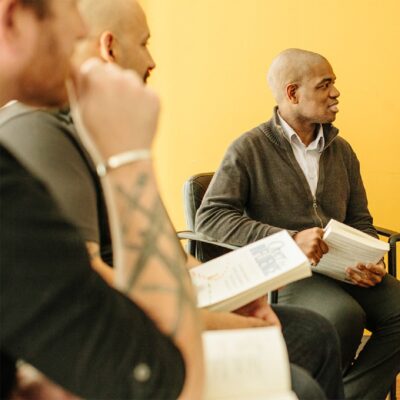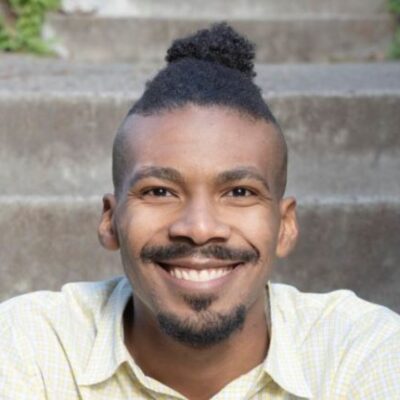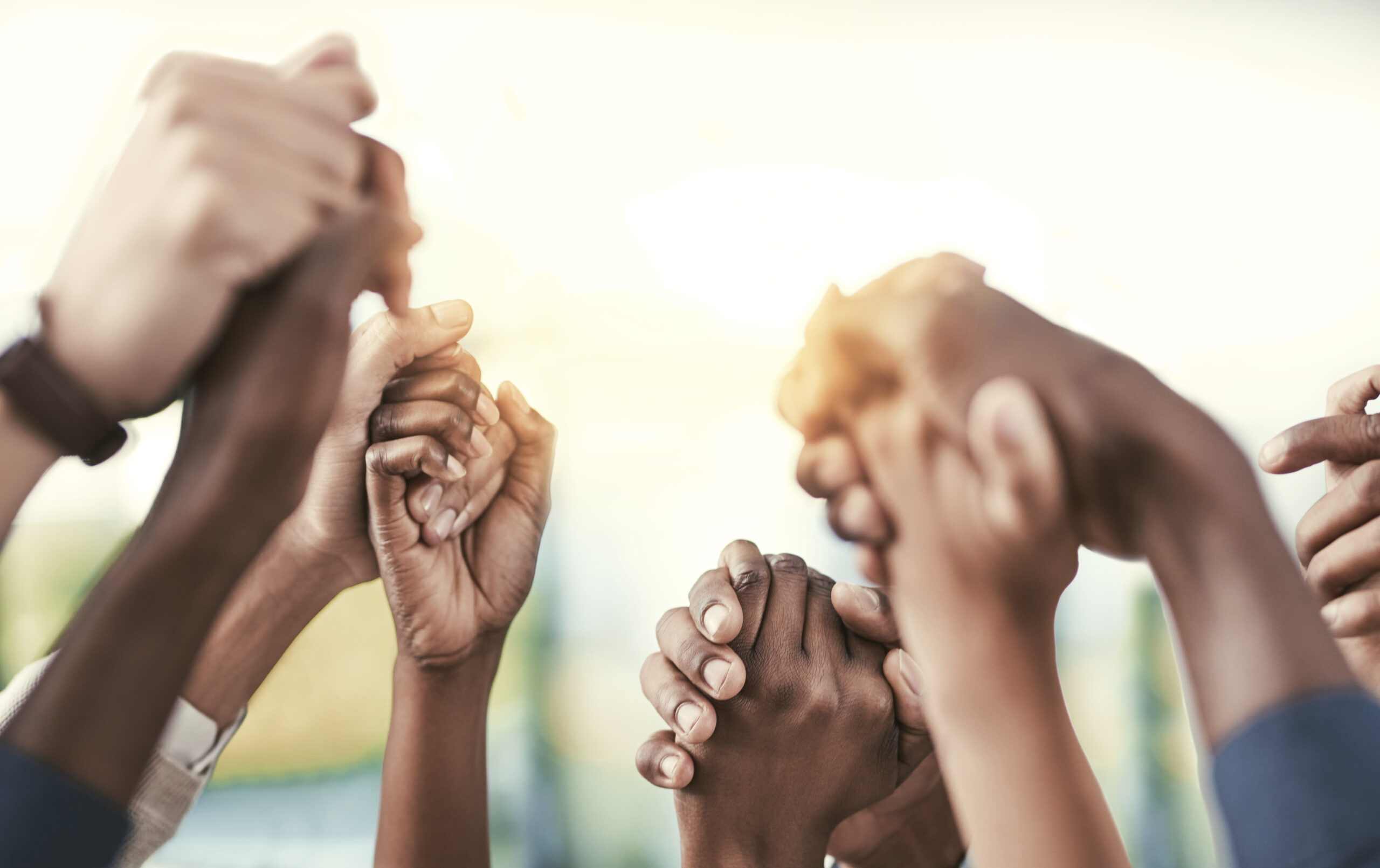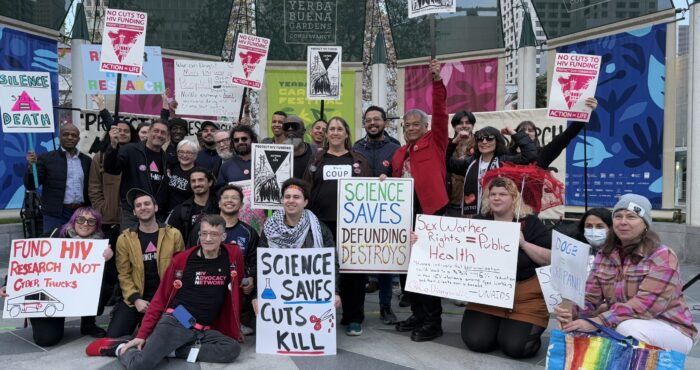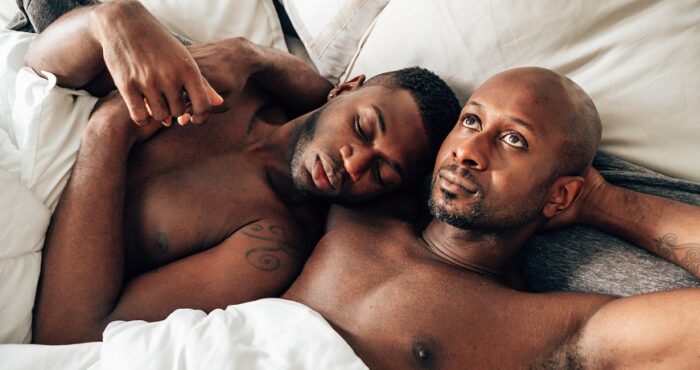Vote to ensure equality and justice for LGBTQ+ people
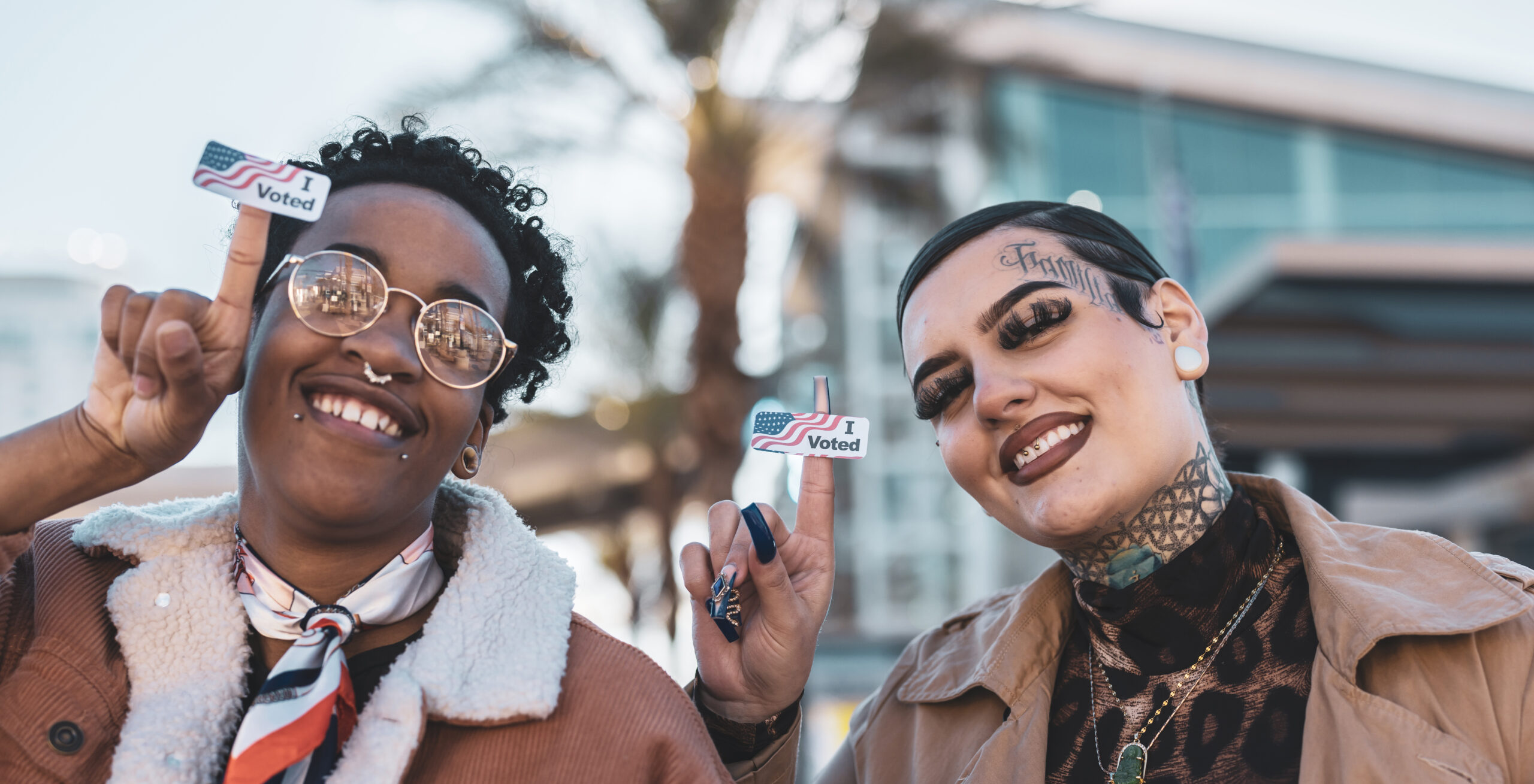
Project 2025 is often described as an initiative by the Heritage Foundation, a conservative think tank, to develop a presidential transition plan and government for a future president. It offers a 180-day playbook of proposed regulations and executive orders, a database of potential appointees, an online education academy to train appointees in conservative principles, and other ideas that describe “the next conservative President’s last opportunity to save our republic.”
But I’m reluctant to call it a “handbook.” It’s more like a recipe for disaster. A 900-page tome of backwards policies and conspiracy theories. It’s like they took all the worst ideas from the last 50 years, put them in a blender, and hit puree. The result? A plan to “save” America by destroying everything that makes it great.
Consider the word “equity.” Just uttering the word seems to make the authors of Project 2025 shudder. It’s right up there with other terms they love to loathe: “sexual orientation and gender identity” (or SOGI, for those in the know), diversity, inclusion, gender, gender equality… basically, anything remotely related to making the world a more equitable place.
Scan the 900 pages of Project 2025 and you’ll find these words treated like political poison. “Gender awareness”? Too radical. “Reproductive health”? Don’t even get them started. It’s like these policymakers have declared war on the very concepts of justice and equality.
Buried in Chapter 14 on page 482, the proposal to redefine the mission of the Department of Health and Human Services (HHS) from promoting equity to serving “all Americans from conception to natural death” suggests a shift away from addressing the unique needs and disparities faced by people of color, LGBTQ individuals, women, and other groups that have historically been excluded from health care decision-making.
HHS certainly has a role in addressing the social determinants of health, like housing, education, and food security, which disproportionately affect underserved communities. If the department no longer prioritizes equity, it may be less likely to implement policies that address these root causes of health inequities. This could exacerbate disparities in health outcomes over time.
In fact, race, ethnicity, gender, socioeconomic status, or sexual orientation continue to drive health outcomes for communities. One study found that the richest 1% of men could expect to live 14.6 years longer than the poorest 1% of men. For transgender youth, each episode of harassment or discrimination increases the likelihood of self-injury by 2.5 times. Women of color and those in rural areas still lack equitable access to regular Pap tests, a critical intervention for ending cervical cancer.
But in a country where we can’t even say the word “equity,” will these undeniable inequitable issues be given the sincerest attention they need?
From a moral and ethical standpoint, it is unjust for certain groups to experience poorer health outcomes or have less access to care due to factors like race, ethnicity, gender, socioeconomic status, or sexual orientation. Equity promotes fairness and human rights in health.
For communities that have historically been underserved by or mistrustful of the medical system, seeing HHS deprioritize equity could further erode trust. This could lead to decreased engagement with the health care system, including lower rates of preventive care, chronic disease management, and uptake of health-promoting programs. Such a disengagement could have long-term consequences for the health and well-being of these communities.
It’s crucial that we turn out in record numbers to elect leaders who will stand up for justice, equality, and the well-being of all people. We need champions in office who will fight to protect our access to health care, our right to make decisions about our own bodies, and our freedom to live openly and proudly as ourselves.
But voting isn’t enough. We must also organize, educate, and mobilize our communities to take action. We need to shine a light on the harmful policies outlined in Project 2025 and hold candidates accountable for where they stand. We need to phone bank, canvass, and get out the vote like our lives depend on it – because they do.
The future of our country is on the line. Let’s show the forces behind Project 2025 that we will not go back. We will not be silenced or deterred. We will rise up, and we will fight for the equitable, just society that we know is possible.
The opinions expressed in this article are those of the author alone. They do not reflect the opinions or positions of San Francisco AIDS Foundation. SFAF serves as a resource on new developments in HIV prevention and treatment, strategies for living well with HIV, and LGBTQ health issues. Our goal is to inform, empower, and inspire conversation.




